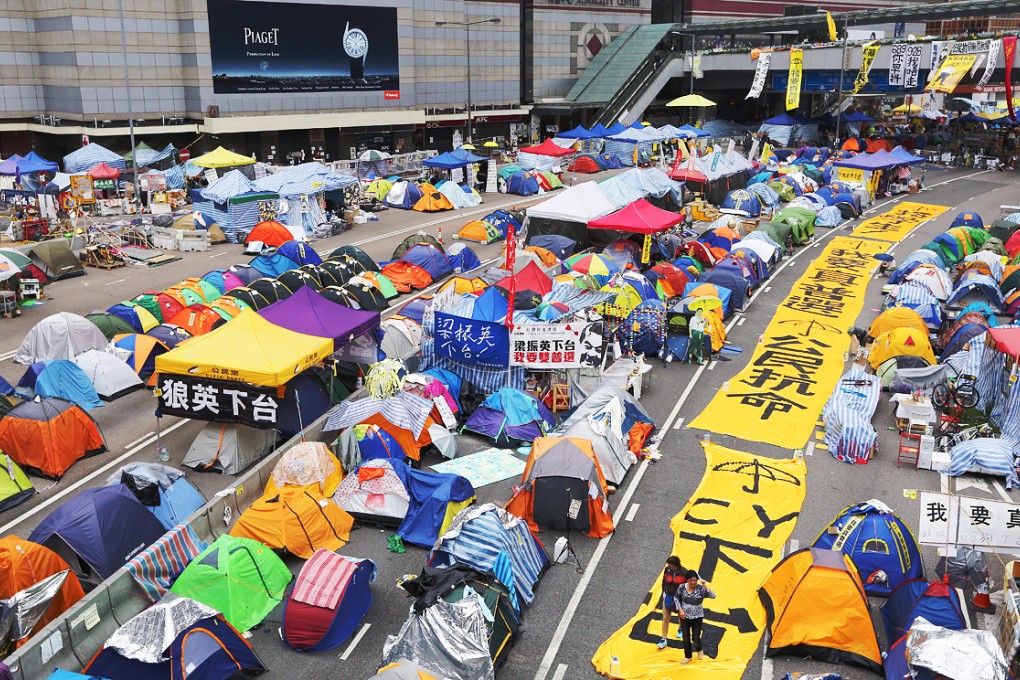After Occupy, more Hongkongers back government’s reform package, study finds
More Hongkongers now want legislators to approve the government's electoral reforms next year than before the start of the Occupy Central civil disobedience action for democracy, a university poll has found.

More Hongkongers now want legislators to approve the government's electoral reforms next year than before the start of the Occupy Central civil disobedience action for democracy, a university poll has found.
The Chinese University survey findings raise questions about whether the 79-day Occupy protests have backfired in terms of public support.
The university interviewed 1,011 people from December 8 to 12 - the last day coinciding with the police's clearance of the Occupy base camp in Admiralty.
In the poll, 38 per cent said the Legislative Council should endorse the government's reform package even if it followed Beijing's restrictive framework. That was nine percentage points higher than in a survey before the protests began on September 28.
Support for lawmakers to vote down the framework fell 10 percentage points to 43 per cent.
Pan-democratic lawmakers have vowed to veto the government's reform framework if it follows Beijing's rules to deprive Hongkongers of a free choice of candidates in the 2017 chief executive election.
Student leaders and co-organisers of Occupy back the pan-democratic stance.